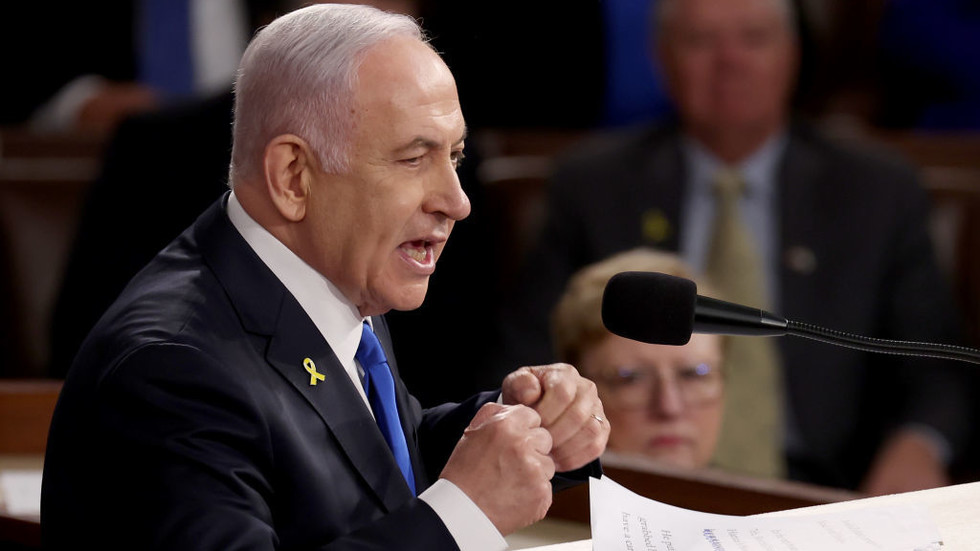Israeli Prime Minister Benjamin Netanyahu has issued a stern warning to Iran and its militant ally Hezbollah following a drone attack targeting his vacation home in Caesarea, northern Israel. On a recent Saturday morning, three explosive-laden drones were dispatched from Lebanon and one struck near Netanyahu’s private residence, although he and his wife were not present at the time. The Israeli Defense Forces (IDF) successfully intercepted two of the drones, preventing what could have been a deadly incident. Although Hezbollah did not formally claim responsibility for the attack on Caesarea, the group publicly announced its intention to increase military actions against Israel, signaling an escalation in tensions between the two sides.
In a robust message shared on social media platform X, Netanyahu characterized the drone attack as a significant miscalculation by Hezbollah, underscoring that such attempts to harm Israeli citizens would not deter his government from its military objectives. The Prime Minister reaffirmed Israel’s commitment to its defensive operations against perceived threats and expressed determination to free Israeli hostages held by Hamas in Gaza. This defense strategy aims not only to safeguard Israeli citizens but also to change the security dynamics of the region long-term, reflecting a broader ambition to secure peace and stability.
Netanyahu further cautioned Iran and its associated factions by referencing the costs they would incur as a result of their hostile actions toward Israel. He emphasized that anyone wishing to harm Israeli citizens would face severe repercussions, encapsulating the urgent and precarious nature of the ongoing conflict in the region. The warning was made more urgent by the fact that approximately 70,000 residents have been displaced from their homes due to ongoing assaults by Hezbollah, raising the stakes for civilian safety and political stability in northern Israel.
In the context of the broader conflict, the ongoing Israeli airstrikes on Lebanon, which intensified last month, have led to the deaths of hundreds, including high-ranking Hezbollah operatives. The Israeli High Command’s military response has involved targeting key figures within the organization, a strategy prompted by mounting pressure from Hezbollah’s recent aggressive posturing. According to Lebanon’s Health Ministry, the death toll from these air assaults has reached over 2,000, illustrating the significant human cost of the escalating violence in the region.
On the political front, Hezbollah declared that its military engagement with Israel is evolving into a more aggressive phase, which it views as a necessary response to Israel’s actions in Gaza. In a show of solidarity with the Palestinians, the group has vowed to sustain its operations against Israeli targets through rocket and drone strikes. This declaration not only reflects Hezbollah’s commitment to the Palestinian cause but also highlights the interconnectedness of the various conflicts that embroil the region, further complicating diplomatic efforts to seek a peaceful resolution.
As the situation grows increasingly volatile, Netanyahu’s administration is faced with the dual challenge of ensuring national security while addressing the humanitarian implications of the ongoing conflict. The Israeli leadership remains steadfast in its resolve to pursue military objectives and support its citizens, yet the emerging dynamics push the region toward a precarious crossroads of escalating violence and potential diplomatic negotiations. The actions of both Netanyahu and Hezbollah may dictate not only an immediate response but also the future landscape of Israeli-Lebanese relations, making the coming days and weeks critical for regional stability and peace efforts.

